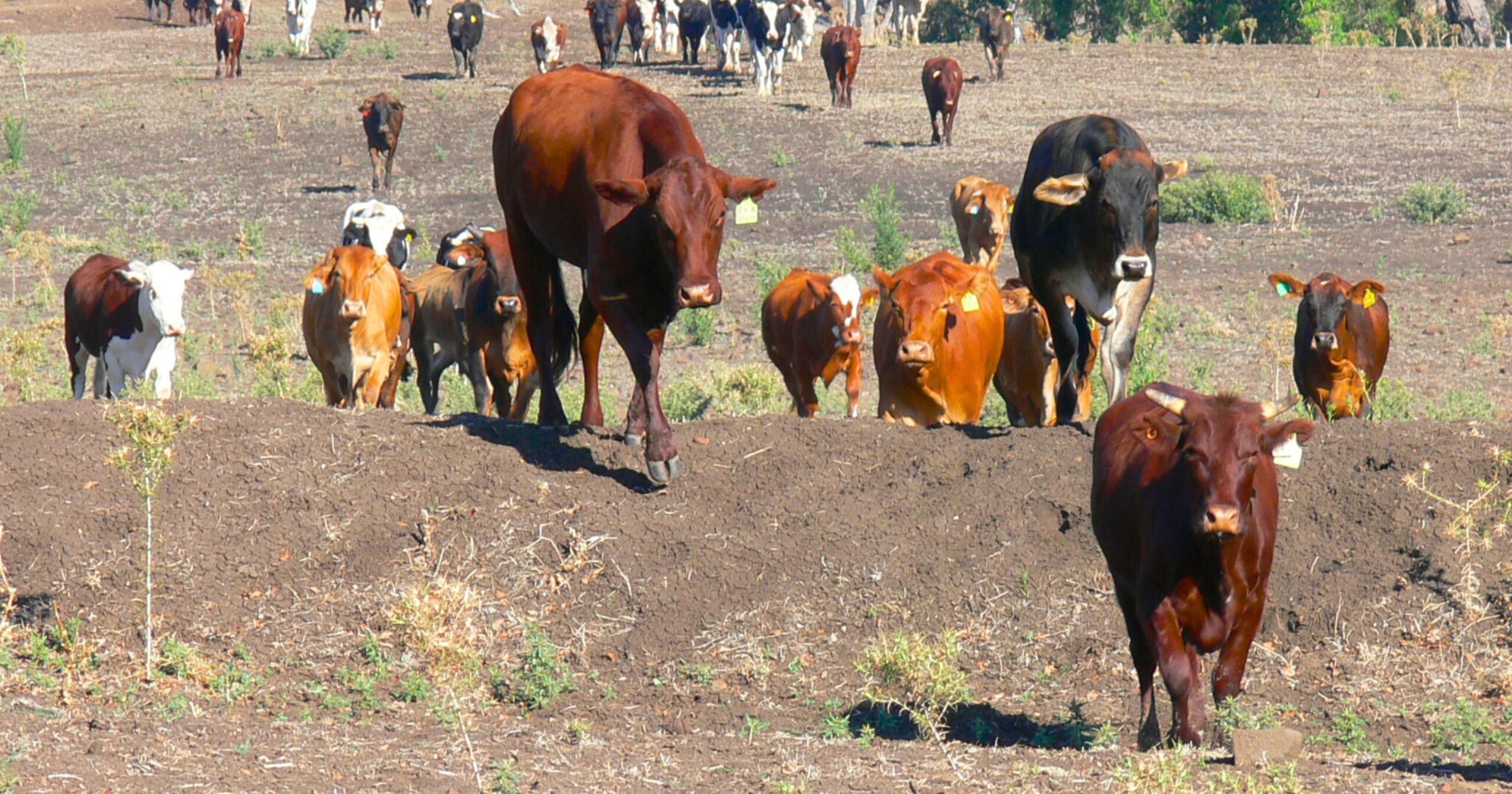Recycling mud

Western Water Field Services crew attending a repair in Bacchus Marsh with a hydro excavation truck in the background. Photo – Western Water
Western Water is using innovative techniques to recycle mud dug up from water pipe repairs and return it back to the environment.
Deploying ‘hydro excavation’ trucks to repair jobs, this specialist machinery uses jet water pressure and a vacuum boom to suck up soil to expose a pipe and enable its repair.
Graham Holt, General Manager, Customer, Community Relations and Operations, said
mud removed from a repair cannot be put straight back into the excavated hole as it is still too wet and won’t compact properly.
“Instead of wasting the excess mud, it is transported by hydro truck to Western Water’s Melton Recycled Water Plant. It is spread out in purpose-built holding bays to dry outside, before eventually being turned into soil,” he said.
Mr Holt said it began as a little idea a few years ago but has now attracted interest from other water corporations.
“We are sharing our learnings, with the potential that this process will be implemented elsewhere.
“It’s quite simple – take excess mud from a repair job, dry it out and return it to the environment as soil. It’s about using a resource in a practical way,” he said.
“It’s a win for the local environment, a win for common-sense thinking and a win for the bottom line.”
Screening and testing is undertaken to determine if the mud is safe to be recycled. Most of the mud received at the Melton plant is uncontaminated. Water removed from the wet mud is then used to irrigate a nearby tree plantation.
Any mud removed near an industrial area is deemed to be contaminated and stored separately as per an Environment Protection Authority (EPA) notice. It is then disposed at a licensed facility.
The project meets all regulatory requirements, including EPA guidelines for the use, transportation and storage of contaminated soil.


















